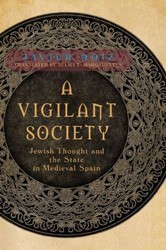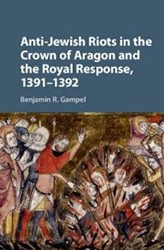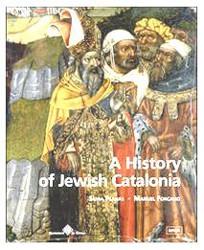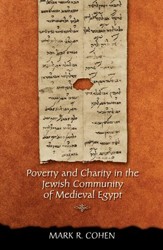By
– January 16, 2012
The end of the Golden Age of Spain is presented in free verse from the perspective of Ramon, a converso (Jew who converted to Christianity) and Amir, a Mudejar (Muslim living under Christian rule). Even though Ramon’s family has converted, they live in constant fear and are considered second class citizens. Their work as scribes makes them even more suspect. The persecution, fear, and brief moments of happiness are related in short installments that reflect the tenuous relationships of the characters. Ramon’s father’s attention to Amir sparks jealousy and suspicion, with both boys leaving the house. Ramon becomes a scribe for the Inquisition in order to earn money for his family; Amir runs away after a dangerous misunderstanding and ends up in the middle of the battle for Malaga. At the end of the story, the boys reunite, but their future is uncertain. The free verse sometimes make it hard to follow the story line, but some lines are gems, as when Ramon asks Amir to write a poem to his girlfriend Bea, a daughter of an official, and Amir writes “Your lips are as red as the blood on the hands of your father.” There are graphic details of the tortures and punishments suffered by “heretics” during the Inquisition, and readers will have to have some knowledge of the period to fully appreciate the story. Readers twelve and up will enjoy this historical fiction that hits on the timely theme of what is wrought in the name of religion or nationalism.
Kathe Pinchuck, M.L.I.S., is the librarian of Congregation Beth Sholom in Teaneck, New Jersey. She is currently the chair of the Sydney Taylor Book Award Committee of the Association of Jewish Libraries.





